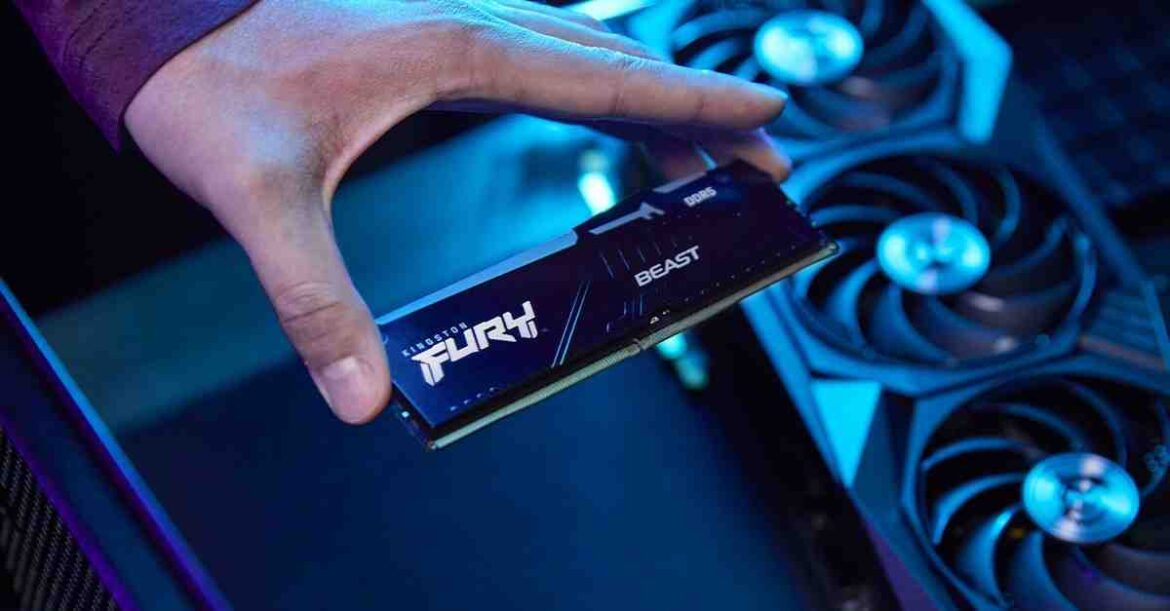Table of Contents
General Overview: Understanding Android Studio RAM Needs
Android Studio's RAM requirements vary significantly by usage intensity. The official 2025 specifications from Google's developer documentation state 8GB minimum for the IDE alone, but real-world professional developers on Reddit's r/androiddev community strongly recommend starting with 16GB for smooth operation with emulators, and 32GB for optimal performance on large-scale projects with multiple concurrent emulators.
| RAM Amount | Use Case | Performance Level | Recommended For |
|---|---|---|---|
| 8GB | Android Studio IDE only | Basic functionality, frequent slowdowns | Learning with physical device testing |
| 16GB | IDE + Single Emulator | Acceptable for most development tasks | Individual developers, students |
| 32GB | Professional Development | Smooth operation with multiple emulators | Professional developers, large projects |
| 64GB | Enterprise Development | Optimal for massive codebases | Enterprise teams, flagship apps |
According to Stack Overflow's developer community, the key factor is that each Android Virtual Device (AVD) consumes approximately 4GB RAM, which means your total RAM needs scale with the number of simultaneous emulators you run.
Beginner's Guide: Starting Android Development
If you're just starting to learn Android development, you can technically run Android Studio on 8GB RAM. However, you'll face frequent performance slowdowns, especially when using the Android Emulator for testing your apps. The emulator alone consumes 4GB, leaving only 4GB for the IDE, operating system, and browser documentation—creating a frustrating bottleneck.
For a significantly better learning experience without constant frustration, invest in at least 16GB RAM, which lets you run the IDE, emulator, browser documentation, and other learning tools simultaneously. This configuration allows you to follow tutorials smoothly, test your apps efficiently, and maintain multiple reference tabs open—essential for beginners who frequently consult Android documentation while coding.
💡 Beginner Tip
Start with small sample projects before jumping into complex apps. This helps you learn efficiently even on lower RAM configurations. Check out best laptops for college students if you need hardware recommendations for development work.
Budget-Conscious Options: Working with Limited RAM
For students on a tight budget, 8GB RAM represents the absolute minimum entry point, but you'll need to adopt specific strategies to avoid severe performance issues. The most practical approach is using a physical Android device for testing instead of the memory-intensive emulator. This workaround bypasses the 4GB emulator overhead, making 8GB RAM marginally workable for learning purposes.
Alternatively, consider Google's cloud-based Android Studio on IDX, which runs entirely on Google's servers and requires minimal local resources—perfect for budget laptops under $300. This cloud solution provides a professional development environment without the hardware investment, though it requires stable internet connectivity.
If purchasing new hardware, skip 8GB entirely in 2025—it's already obsolete for modern Android development. Target 16GB as your baseline, which typically adds only $50-80 to laptop costs but delivers dramatically better performance. Consider refurbished workstations or last-generation laptops with 16GB RAM for budget-friendly options without compromising development capability.
💰 Budget Optimization Tips
RAM optimization strategies: Close unnecessary background apps, increase Android Studio's heap size to 2-4GB, enable Gradle offline mode, disable unused plugins, and use lightweight emulator images. These tweaks can improve 8GB RAM performance by 30-40%.
Professional Development: Enterprise-Scale Requirements
Professional Android developers working on enterprise-scale applications should treat 32GB RAM as the baseline, not the recommendation. Large codebases with millions of lines of code, multiple running emulators (each consuming approximately 4GB according to official documentation), memory-intensive Gradle build processes, and concurrent browser tabs for documentation and testing easily consume 24GB+ during active development sessions.
Many professional developers in the Reddit r/androiddev community report that even 32GB feels constrained on massive projects like banking applications, e-commerce platforms, or social media clients. Enterprise development teams increasingly provide developers with 64GB workstations for flagship app development, where simultaneous debugging across multiple Android versions, extensive dependency graphs, and real-time collaboration tools create extraordinary memory demands.
Professional workflows often involve running Android Studio alongside other resource-intensive tools: design software like Figma or Adobe XD, API testing tools like Postman, database management systems, multiple browser instances with development tools, and communication platforms. This ecosystem approach requires substantial memory overhead beyond just the IDE itself.
🏢 Enterprise Considerations
Team productivity analysis: Upgrading from 16GB to 32GB RAM typically improves build times by 40-60%, reduces IDE freezes by 80%, and enables simultaneous multi-device testing—delivering ROI through reduced developer frustration and faster iteration cycles.
Emulator-Focused: Multi-Device Testing Requirements
The Android Emulator is the real RAM consumer in Android development—each AVD (Android Virtual Device) requires approximately 4GB RAM per instance according to Google's official specifications. This means your RAM needs scale linearly with testing requirements: if you plan to test across multiple Android versions or screen sizes simultaneously, calculate accordingly.
RAM calculation formula:
Total RAM Needed = 8GB (Android Studio base) + (4GB × number of emulators) + 4GB (OS overhead) + 2GB (browser/tools)
| Simultaneous Emulators | Calculation | Minimum RAM Required | Recommended RAM |
|---|---|---|---|
| 1 Emulator | 8GB + (4GB × 1) + 6GB | 16GB | 24GB |
| 2 Emulators | 8GB + (4GB × 2) + 6GB | 20GB | 32GB |
| 3 Emulators | 8GB + (4GB × 3) + 6GB | 26GB | 32GB |
| 5 Emulators | 8GB + (4GB × 5) + 6GB | 34GB | 64GB |
QA engineers and developers performing comprehensive device compatibility testing should note that running five concurrent emulators (common for testing across Android 10, 11, 12, 13, and 14) requires minimum 32GB RAM just for the testing environment, with 64GB recommended for comfortable operation without constant memory pressure warnings.
Hardware Purchase Decision: RAM Investment Guide
When buying a new laptop for college or dedicated development workstation, skip 8GB configurations entirely—they're functionally obsolete for Android development in 2025. Choose 16GB as your absolute baseline if budget-limited, but strongly consider 32GB for future-proofing against increasingly demanding IDE requirements and larger project scopes.
Apple Silicon consideration: Unified memory on Apple Silicon Macs (M1/M2/M3/M4 chips) performs more efficiently than traditional Intel/AMD RAM architecture. A MacBook with 16GB unified memory typically delivers performance equivalent to Intel/AMD systems with 24GB standard RAM in development workflows, due to superior memory bandwidth and integrated GPU sharing. However, you still cannot run as many simultaneous emulators, so 32GB remains ideal for professional use even on Apple Silicon.
🛒 Buying Recommendations 2025
Best configurations by use case:
• Students/Beginners: 16GB RAM minimum + SSD storage
• Individual Developers: 32GB RAM + Intel i7/Ryzen 7 or Apple M2
• Professional/Enterprise: 64GB RAM + Intel i9/Ryzen 9 or Apple M3 Pro
• Budget Option: Cloud-based Android Studio on IDX


